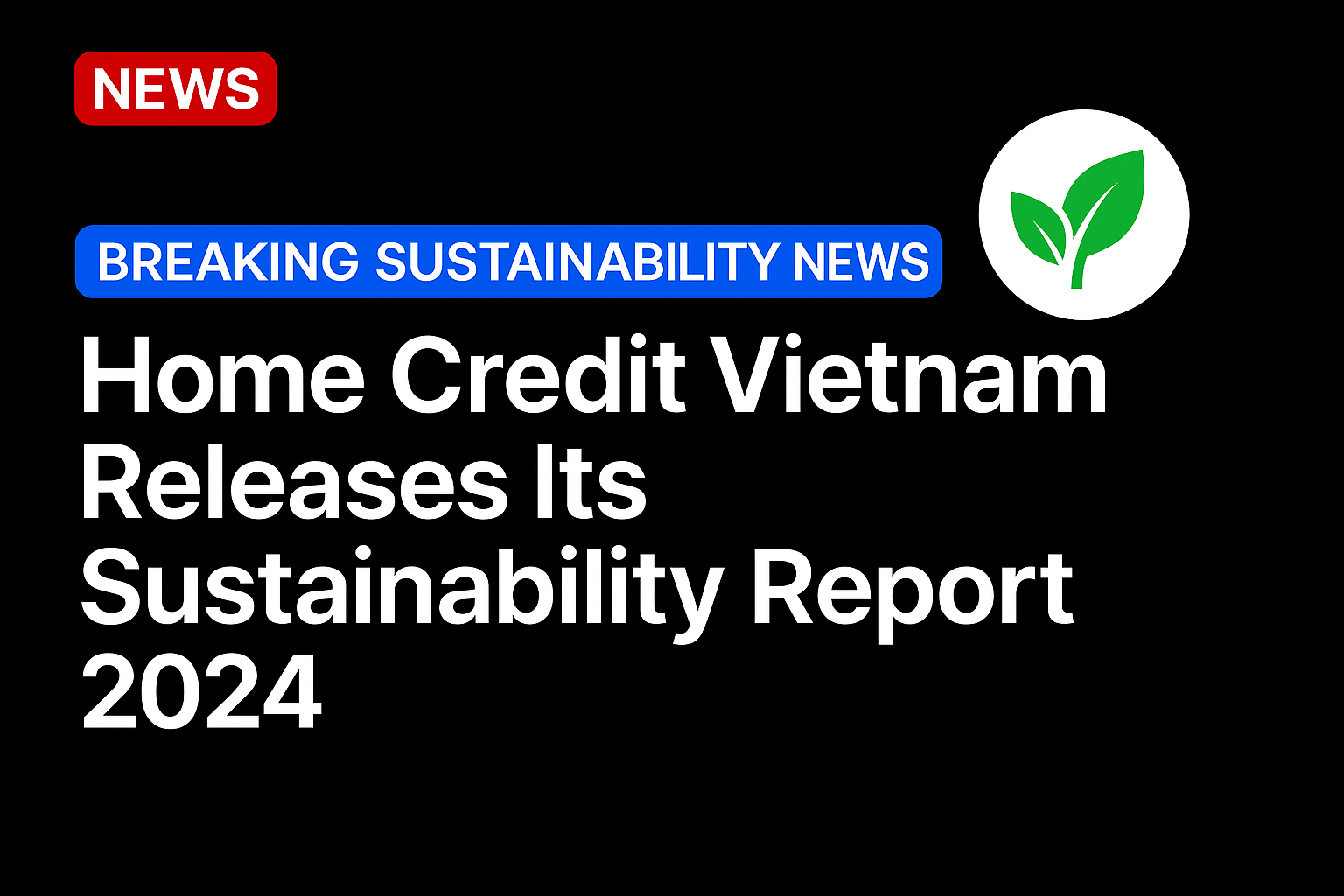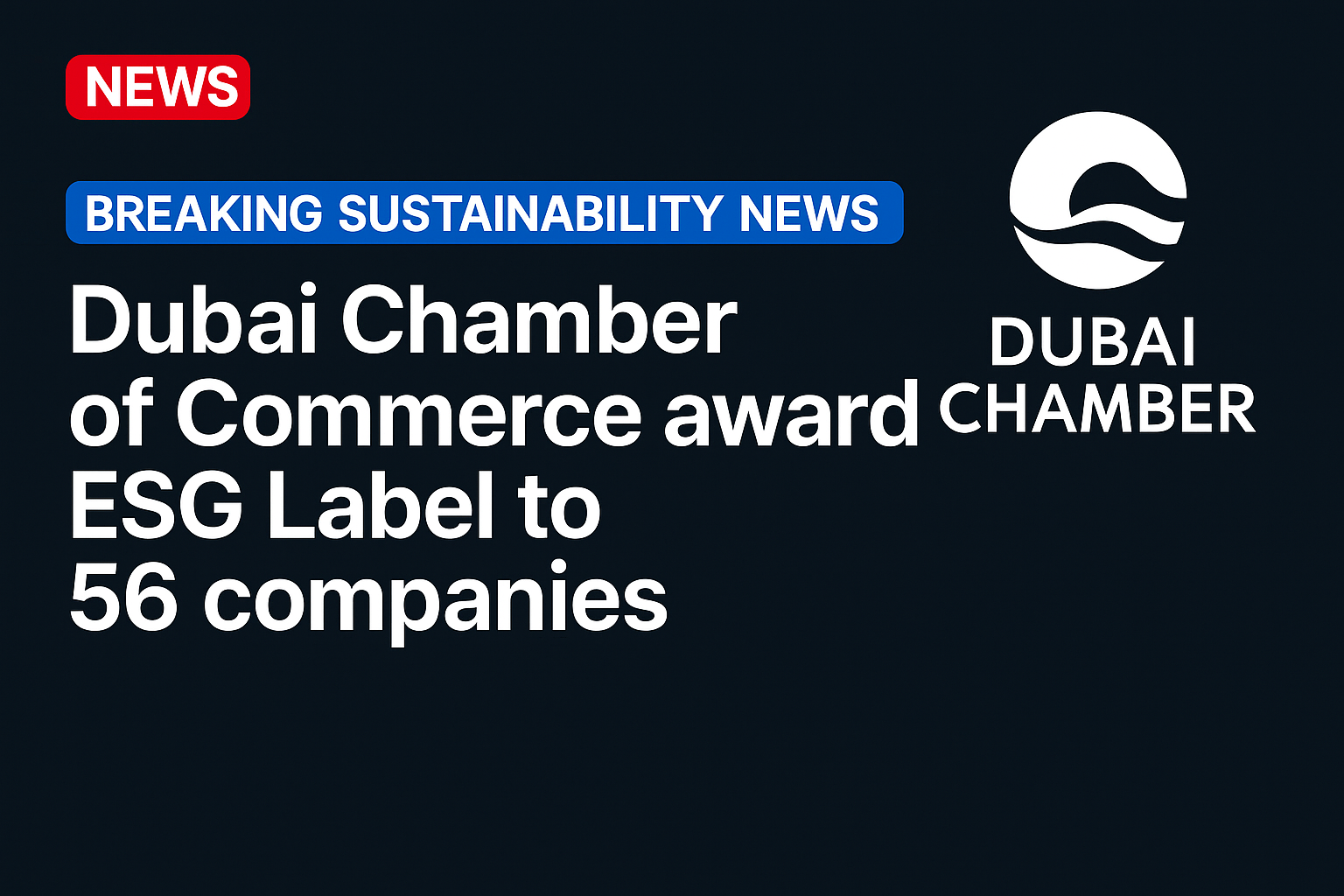The future of sustainability in corporate strategy
As we move forward, it is evident that sustainability has evolved beyond a mere buzzword; it is now a cornerstone of corporate strategy. Companies increasingly recognize that ESG (Environmental, Social, and Governance) criteria are essential for achieving a competitive edge and enhancing brand reputation.
Emerging sustainability trends
The push towards sustainability is gaining momentum, fueled by rising consumer awareness and regulatory demands. Businesses are prioritizing initiatives to become carbon neutral and are adopting circular design principles. This transition is apparent across various sectors, including fashion and technology, as brands re-evaluate their entire supply chains.
Business case and economic opportunities
The rationale for embracing sustainability is strong. Organizations that focus on ESG initiatives often experience enhanced operational efficiencies and cost reductions. By minimizing waste and optimizing resource usage, companies can significantly decrease their scope 1-2-3 emissions. Additionally, sustainable practices attract customers and investors who prioritize responsible business practices.
Implementing sustainability in practice
How can companies effectively implement sustainable strategies? The answer lies in weaving ESG considerations into every facet of the business. This includes conducting comprehensive Life Cycle Assessments (LCA) to evaluate the environmental impact of products and services, establishing measurable objectives, and cultivating a sustainability-oriented culture among employees.
Pioneer companies leading the way
Several organizations are at the forefront of sustainability efforts. For instance, Unilever has made considerable progress in sustainable sourcing and reducing plastic usage. Likewise, Patagonia has built its brand around environmental advocacy, demonstrating that a commitment to sustainability can resonate with consumers and foster loyalty.
Roadmap for the future
Looking ahead, companies must create a clear roadmap for their sustainability initiatives. This entails setting ambitious yet realistic targets, consistently measuring progress, and adapting strategies based on performance outcomes. By following this approach, businesses can not only fulfill regulatory obligations but also establish themselves as leaders in their respective industries.
Source: https://www.newshub.co.uk/




